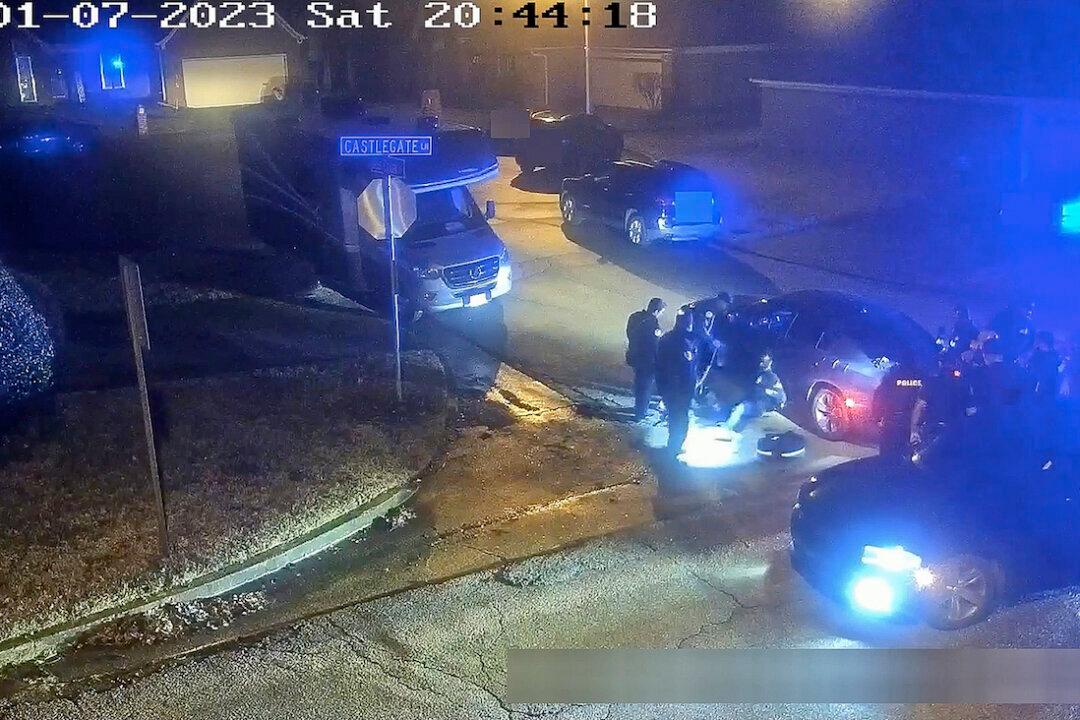A sixth Memphis police officer has been relieved of duty in connection to the assault and death investigation of Tyre Nichols, a Memphis Police Department (MPD) official announced on Monday.
MPD Officer Preston Hemphill was suspended and is on administrative leave, said Memphis police spokeswoman Karen Rudolph. It is unclear what Hemphill’s role was in the Jan. 7 incident.





